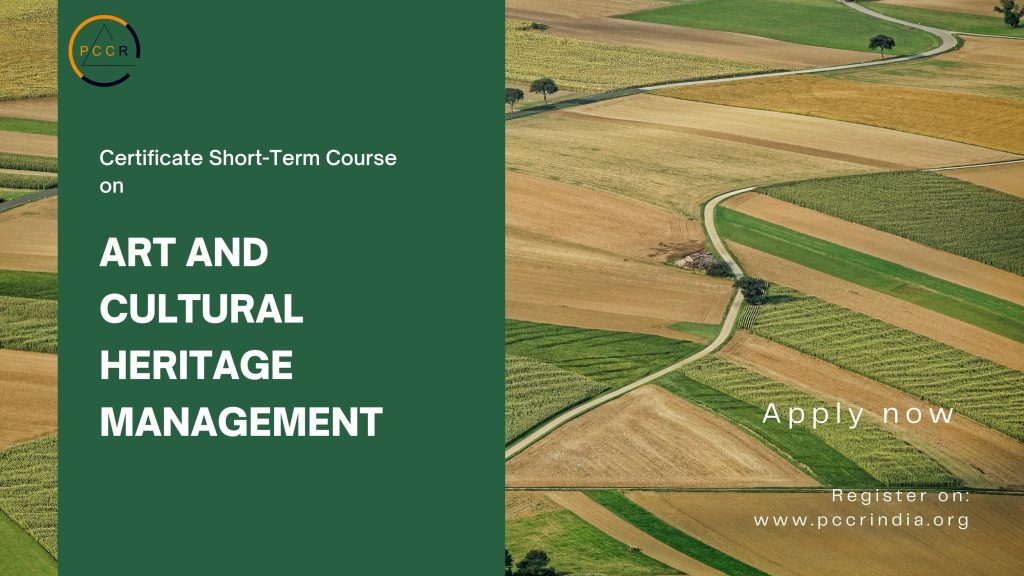ELIGIBILITY LEVEL: 12th+

45 hours
Online
Today cultural institutions are facing important dilemmas in many aspects of their management. Therefore, any individual can think to work every day to connect artists with audiences, vision with reality, and money with a mission. That is what management in the arts do. And that plays an essential role in transforming the minds, lives, and communities through creative expression. There are objectives which we will approach the biggest issue cultural institutions face, the coexistence of managers and curators and giving evidence as to when, how, and why they can get along. We will focus on some contemporary facets on what is means to manage a cultural institution and what cultural managers should expect and be able to face.
This course has been conceptualized to address the need of skills and techniques to help students, professionals and managers in running art and cultural institutions.
Lord, Gail Dexter & Lord, Barry. 2001. The Manual of Museum Management, 2nd. Ed. Lanham: AltaMira Press.
Kotler, Neil, Kotler, Philip & Kotler, Wendy. 2008. Museum Marketing & Strategy. San Francisco: Jossey-Bass, A Wiley Imprint.
Brindle, Meg & Vereaux, Constance De, (editors). 2011. The Arts Management Handbook. New York: M.E. Sharpe.
Harrison, Richard (ed). 1994. Manual of Heritage Management. Oxford: Butterworth Heineman.
Agarwal, Rajesh K &Nangia, Sudesh.1974. Economic & Employment potential of archaeological monuments in India. New Delhi: Birla Institute of Scientific research.
Biswas, Sachindra Sekhar. 1999. Protecting the cultural heritage. National legislations & international conventions. New Delhi: Aryan books international.
Nagar, S.L. 1998. Conservation & preservation of India’s monuments. New Delhi: Aryan books international.
Chainani, S. 2007. Heritage conservation, legislative and organisational policies for India. New Delhi: INTACH.
Sarkar, H. 2004. Museums and Protections of Monuments and Antiquities in India. Delhi: Sundeep Prakashan.
Cleere, Henry,(ed). 1984. Approaches to the archaeological heritage: A comparative study of world cultural resource management systems. Cambridge, UK: Cambridge Univ. Press.
Hoffman, Barbara T., (ed). 2006. Art and cultural heritage: Law, policy, and practice. Cambridge, UK: Cambridge Univ. Press.
References for concepts, policies, charters, guidelines for different types of heritage:
Investment
to secure your future
1 Fee sturcture
Students/Professionals: Rs. 5,700/-